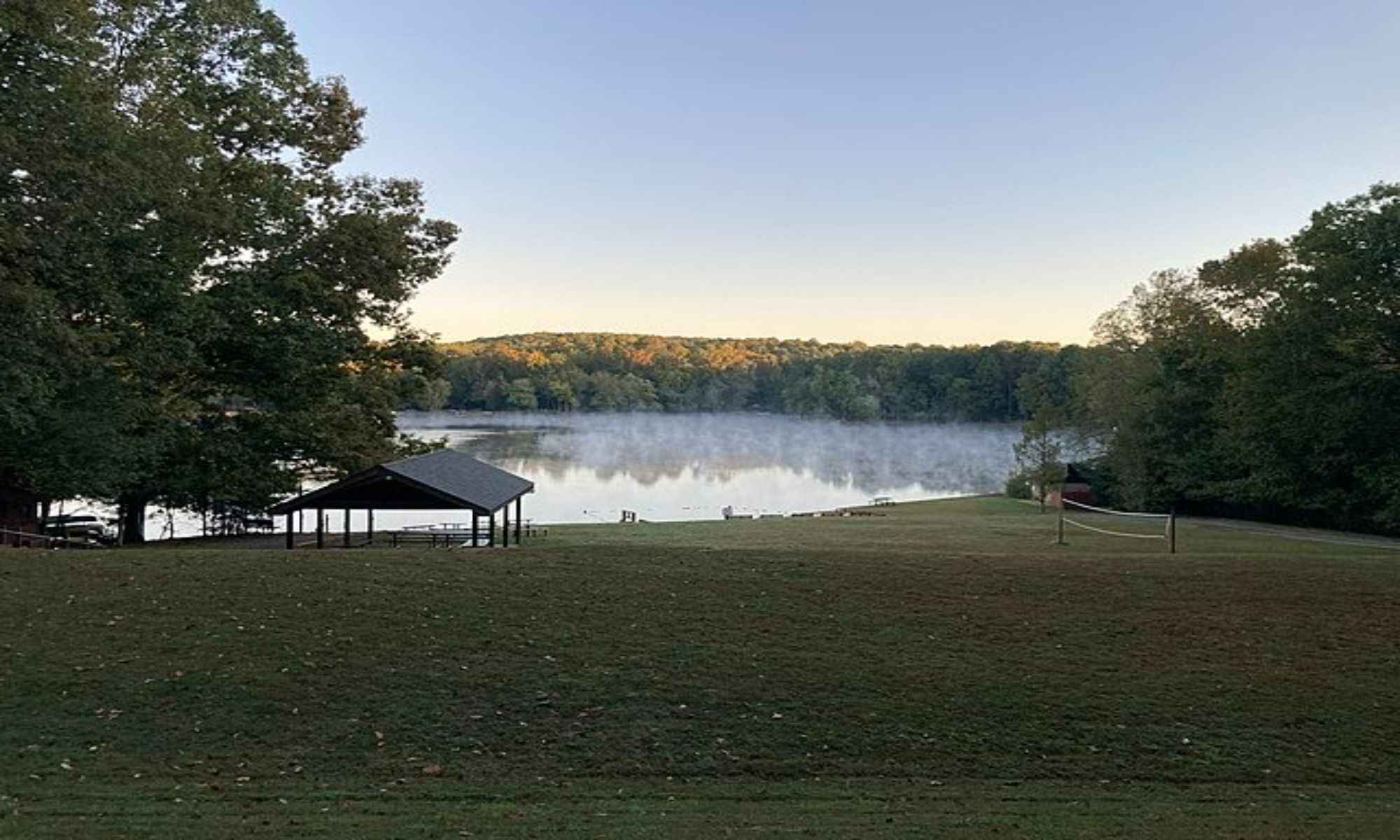Book a Fishing Charter to Chapel Hill, NC
Here's a guide to where you can cast your line in Chapel Hill.

Chapel Hill was founded in 1793 and was named after the New Hope Chapel. After writing a book about his early life growing up in Chapel Hill, Chapel Hill is nicknamed the "Southern Part of Heaven" by author William Meade Prince.
Chapel Hill is a heaven on Earth with scenic views and rich culture. Almost half of the North Carolina Forest is within Chapel Hill's vicinity. The Carolina North Forest is 750 acres of University-owned woodland that is an excellent place to run, bike, and hike. Anglers don't have to worry about casting a line in Chapel Hill because lakes, streams, and branches surround it.
Chapel Hill Fishing: Angling in a University Town

Chapel Hill is the place to be if you’re looking for one destination to experience productive freshwater fishing. Eastwood Lake welcomes anglers with trophy fish like largemouth bass, crappie, smallmouth bass, and redbreast sunfish, while the Cedar Fork boasts trophy largemouth bass and murray cod. Bolin Creek runs throughout Chapel Hill and its neighboring towns. Its waters are home to fish like largemouth bass, bluegill, crappie, bowfin, pumpkinseed, common carp, rock bass, and black bullhead. One of the most flocked fishing locations in Chapel Hill is University Lake, where anglers can bring home largemouth bass, channel catfish, crappie, bluegill, yellow bullhead, blue catfish, and smallmouth bass. Jolly Branch, found in the middle of Carrboro and Chapel Hill, brags trophy channel catfish and largemouth bass. Anglers can also score green sunfish, bluegill, and creek chub.
Common targets in Fan Branch near Chapel Hill include largemouth bass, creek chub, bluegill, pumpkinseed, blue catfish, channel catfish, flathead catfish, and common shiner. In Morgan Creek, anglers can catch largemouth bass, blue catfish, channel catfish, pumpkinseed, yellow bullhead, black bullhead, bluehead chub, and southern black bream. Wilson Creek and Obie Creek are interconnected in Chapel Hill and are locations known for largemouth bass and channel catfish fishing. Meeting of the Water is another sought-after body of water running throughout Chapel Hill. Its waters are home to spotted bass, longnose gar, largemouth bass, bluegill, blue catfish, black bullhead, flathead catfish, and redbreast sunfish.
Check Out More of Chapel Hill
1. Explore the Botanical Garden
Plant enthusiasts will surely enjoy and appreciate a tour around the North Carolina Botanical Garden. The North Carolina Botanical Garden is a conservation garden in Chapel Hill that focuses on conservation-related activities. The botanical garden manages over 1,200 acres of gardens, natural areas, and nature preserves like the Mason Farm Biological Reserve and Parker Preserve. The botanical garden also has an annual Spring Native Plant Sale, where visitors can purchase southeastern native plants.
2. Explore Chapel Hill’s Parks
Chapel Hill has many parks within its vicinity. Cedar Falls Park offers fantastic amenities such as lighted tennis courts, ball fields, playgrounds, and picnic areas for visitors. Homestead Park provides a green space where tourists can relax and destress. It also has sports fields, a skate park, picnic areas, and an indoor swimming pool. Southern Community Park is a 72-acre preserve featuring nature trails, picnic shelters, a play area, dog park, meadow area, basketball courts, disc golf course, and multiple soccer fields.


